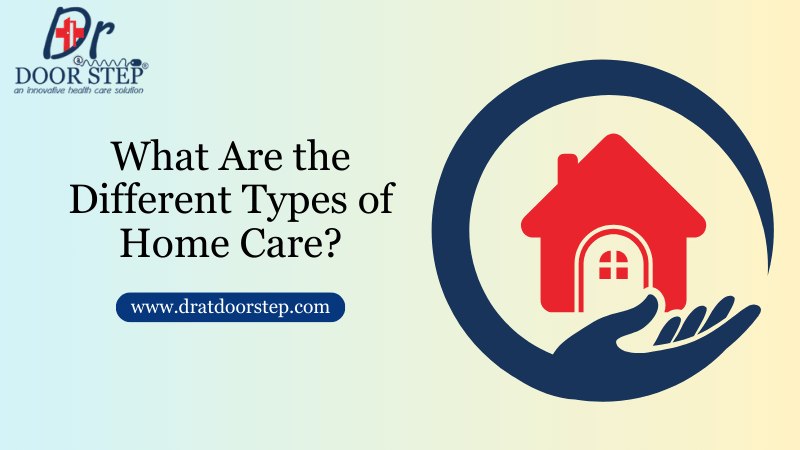What Are the Different Types of Home Care?


Factors Determining the Popularity of Nursing.
Health-related issues are inherently delicate and require uncompromising care. Patients don’t have to travel to hospitals in person to receive.
Read More
Benefits of Physiotherapy At Home
Physiotherapy provided at home is a treatment provided by the Best Physician in Ahmedabad and used to prevent and manage.
Read More

